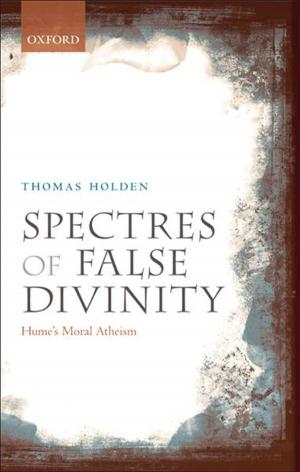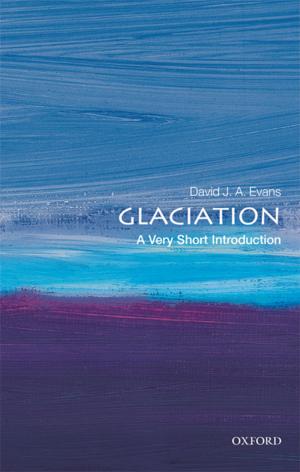The Oxford Handbook of Event Structure
Nonfiction, Reference & Language, Language Arts, Linguistics, Religion & Spirituality, Philosophy| Author: | ISBN: | 9780191508462 | |
| Publisher: | OUP Oxford | Publication: | March 26, 2019 |
| Imprint: | OUP Oxford | Language: | English |
| Author: | |
| ISBN: | 9780191508462 |
| Publisher: | OUP Oxford |
| Publication: | March 26, 2019 |
| Imprint: | OUP Oxford |
| Language: | English |
This handbook deals with research into the nature of events, and how we use language to describe events. The study of event structure over the past 60 years has been one of the most successful areas of lexical semantics, uniting insights from morphology and syntax, lexical and compositional semantics, cognitive science, and artificial intelligence to develop insightful theories of events and event descriptions. This volume provides accessible introductions to major topics and ongoing debates in event structure research, exploring what events are, how we perceive them, how we reason with them, and the role they play in the organization of grammar and discourse. The chapters are divided into four parts: the first covers metaphysical issues related to events; the second is concerned with the relationship between event structure and grammar; the third is a series of crosslinguistic case studies; and the fourth deals with links to cognitive science and artificial intelligence more broadly. The book is strongly interdisciplinary in nature, with insights from linguistics, philosophy, psychology, cognitive science, and computer science, and will appeal to a wide range of researchers and students from advanced undergraduate level upwards.
This handbook deals with research into the nature of events, and how we use language to describe events. The study of event structure over the past 60 years has been one of the most successful areas of lexical semantics, uniting insights from morphology and syntax, lexical and compositional semantics, cognitive science, and artificial intelligence to develop insightful theories of events and event descriptions. This volume provides accessible introductions to major topics and ongoing debates in event structure research, exploring what events are, how we perceive them, how we reason with them, and the role they play in the organization of grammar and discourse. The chapters are divided into four parts: the first covers metaphysical issues related to events; the second is concerned with the relationship between event structure and grammar; the third is a series of crosslinguistic case studies; and the fourth deals with links to cognitive science and artificial intelligence more broadly. The book is strongly interdisciplinary in nature, with insights from linguistics, philosophy, psychology, cognitive science, and computer science, and will appeal to a wide range of researchers and students from advanced undergraduate level upwards.















